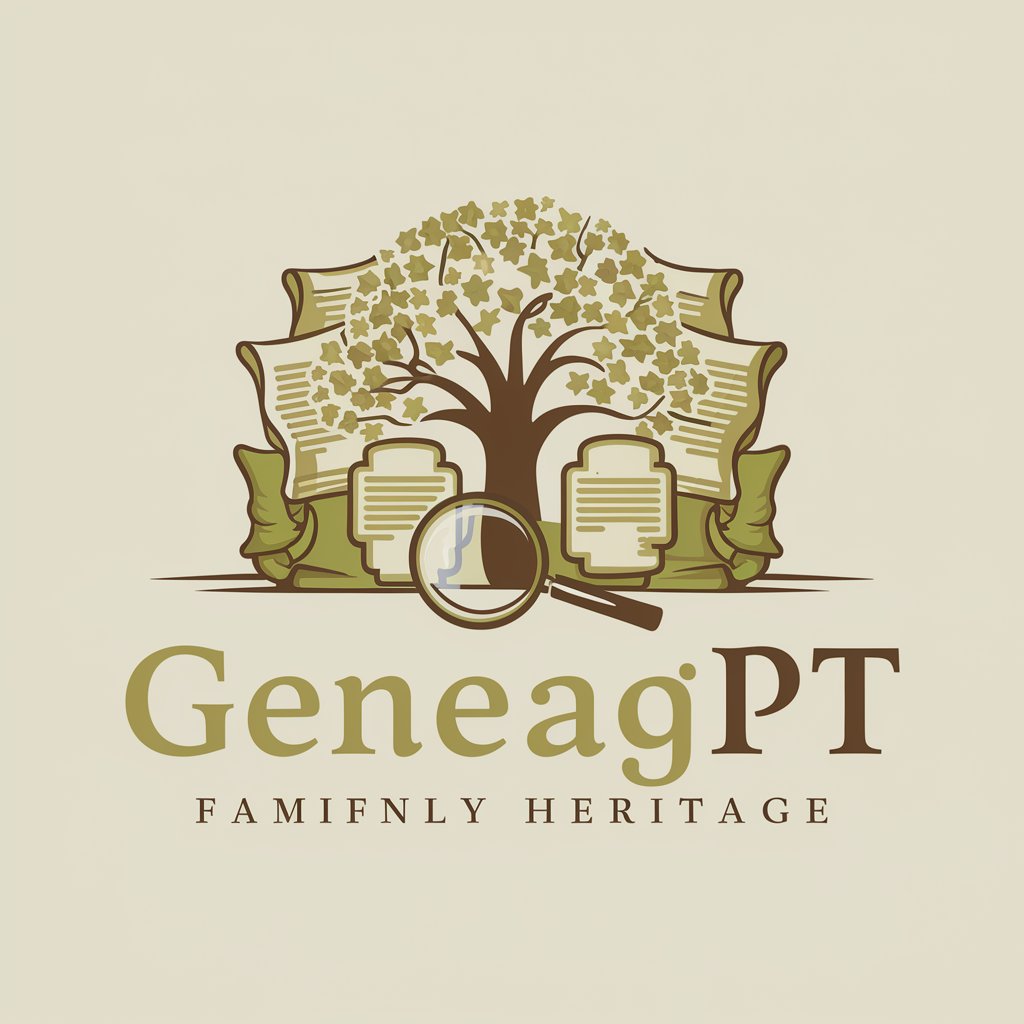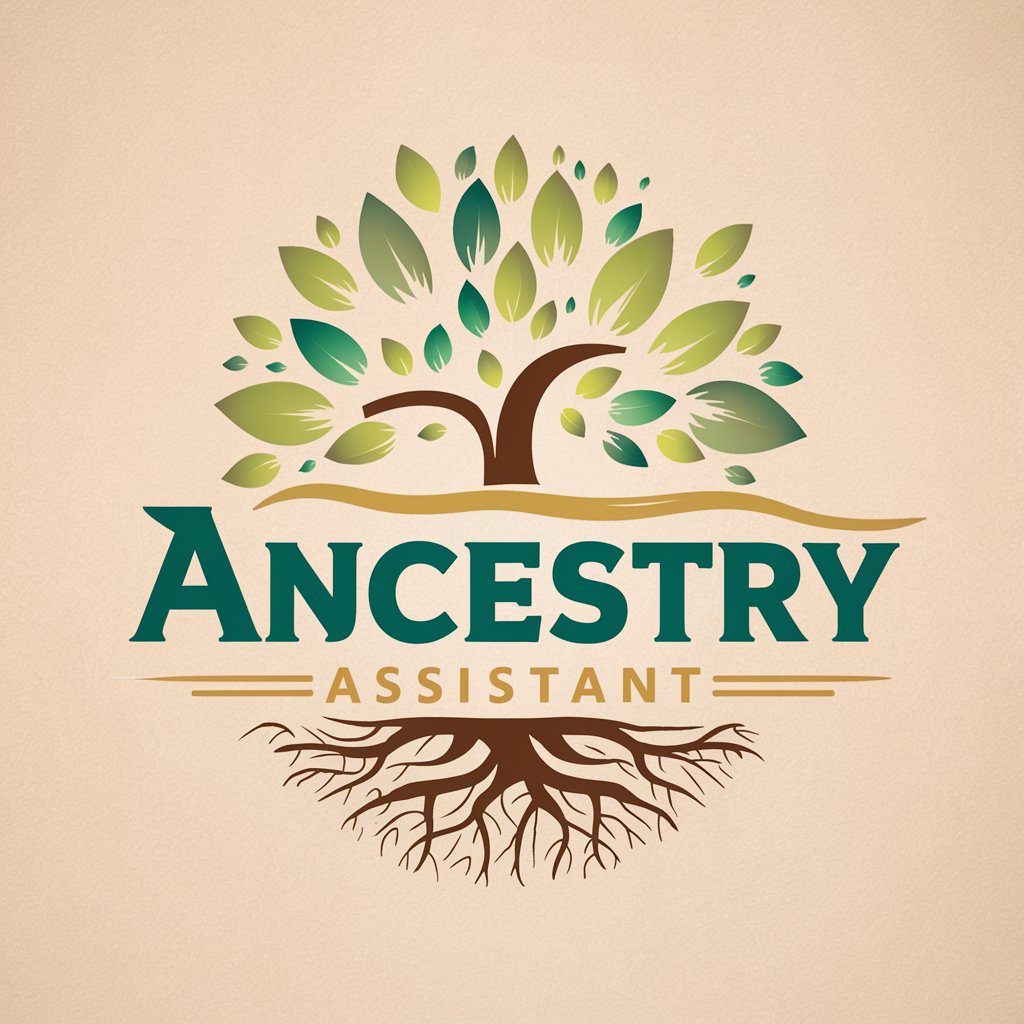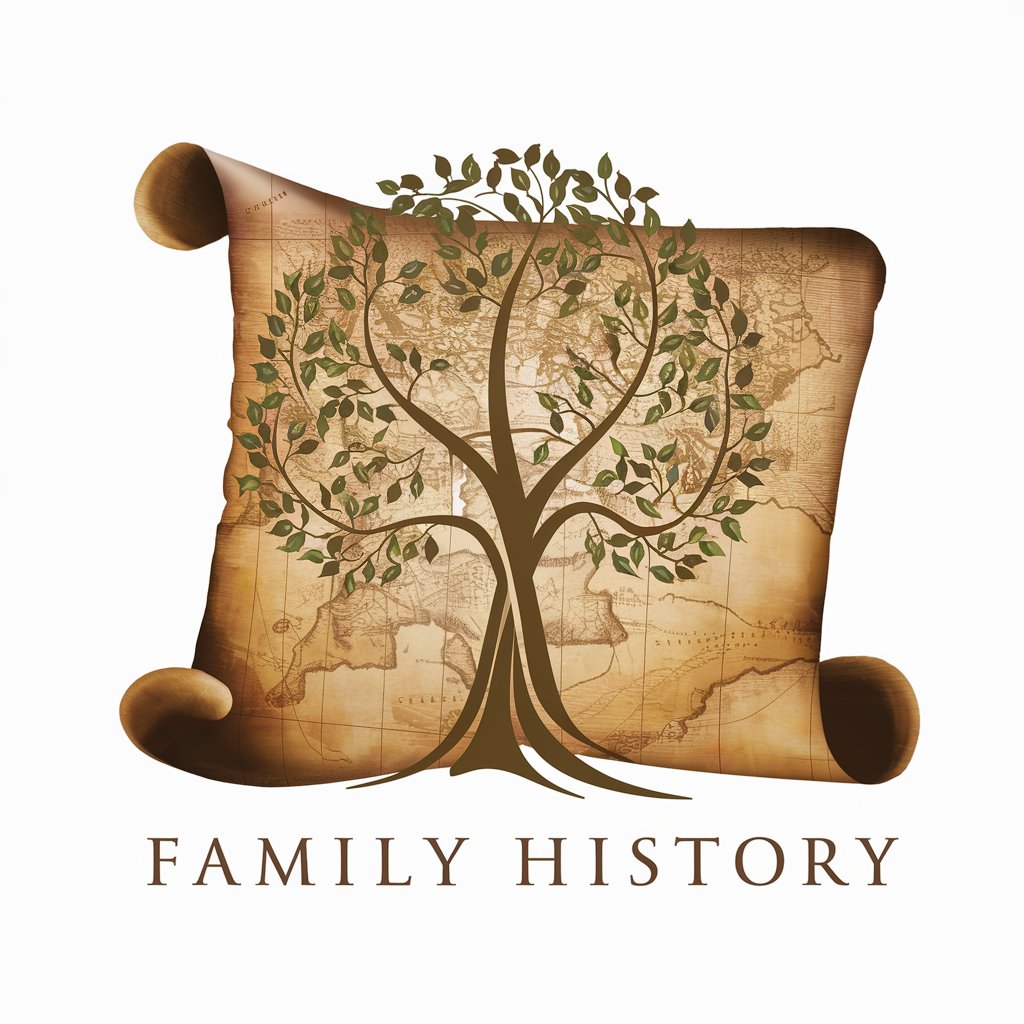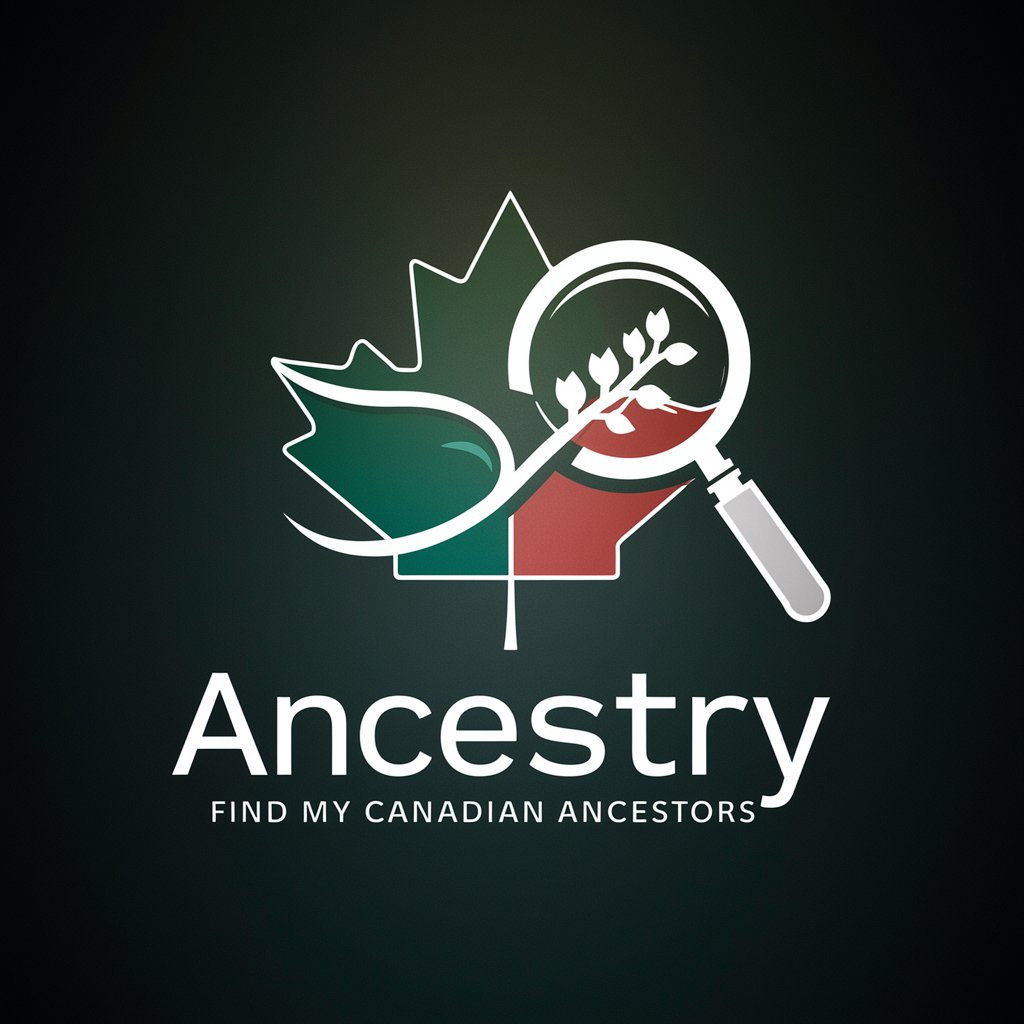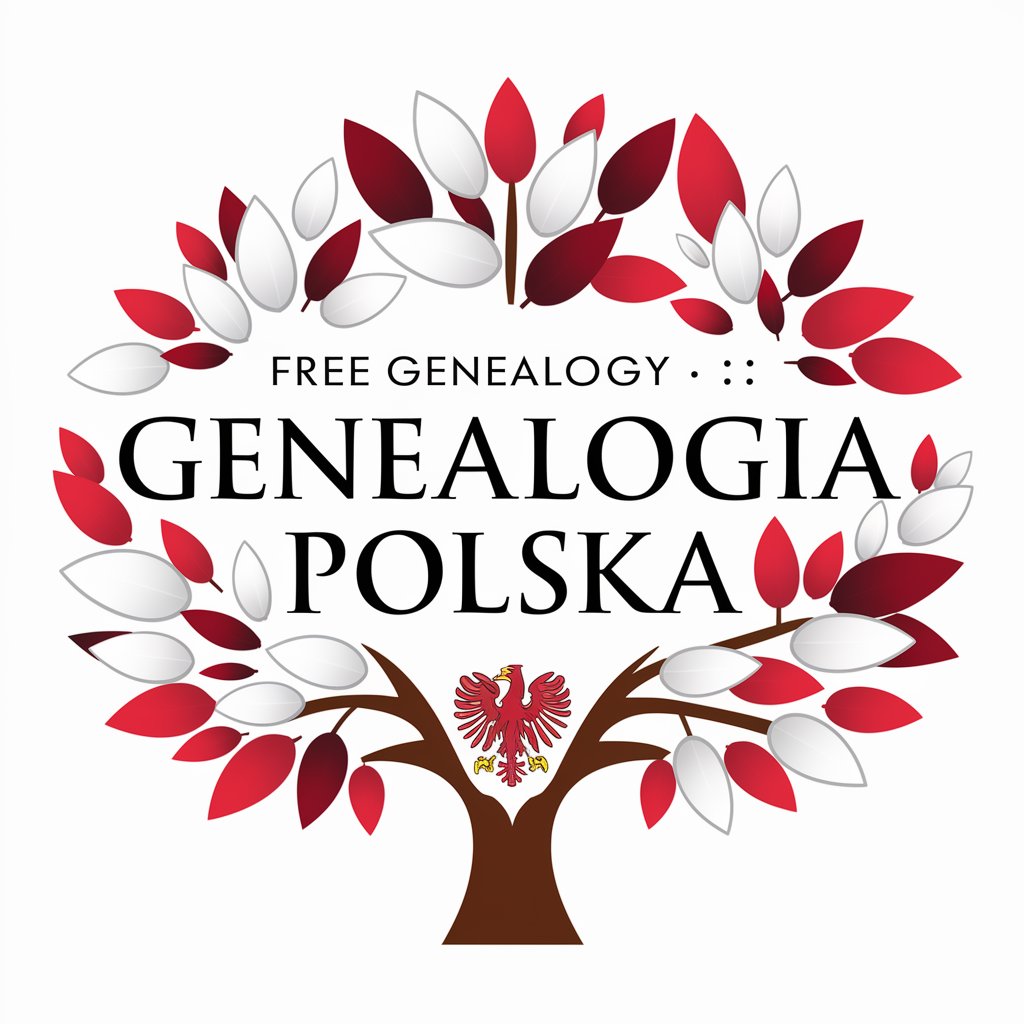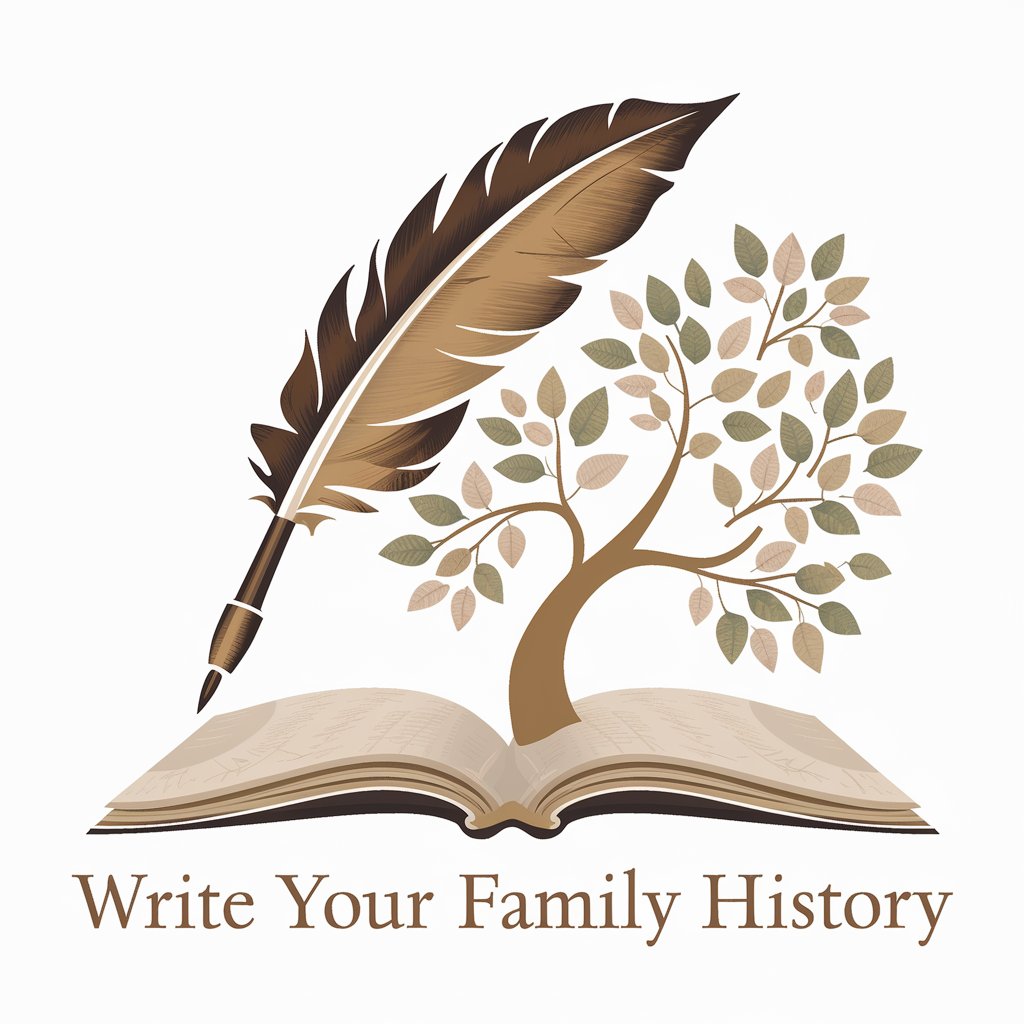
Family History Helper for First Nation Canadians - First Nation Ancestry Research
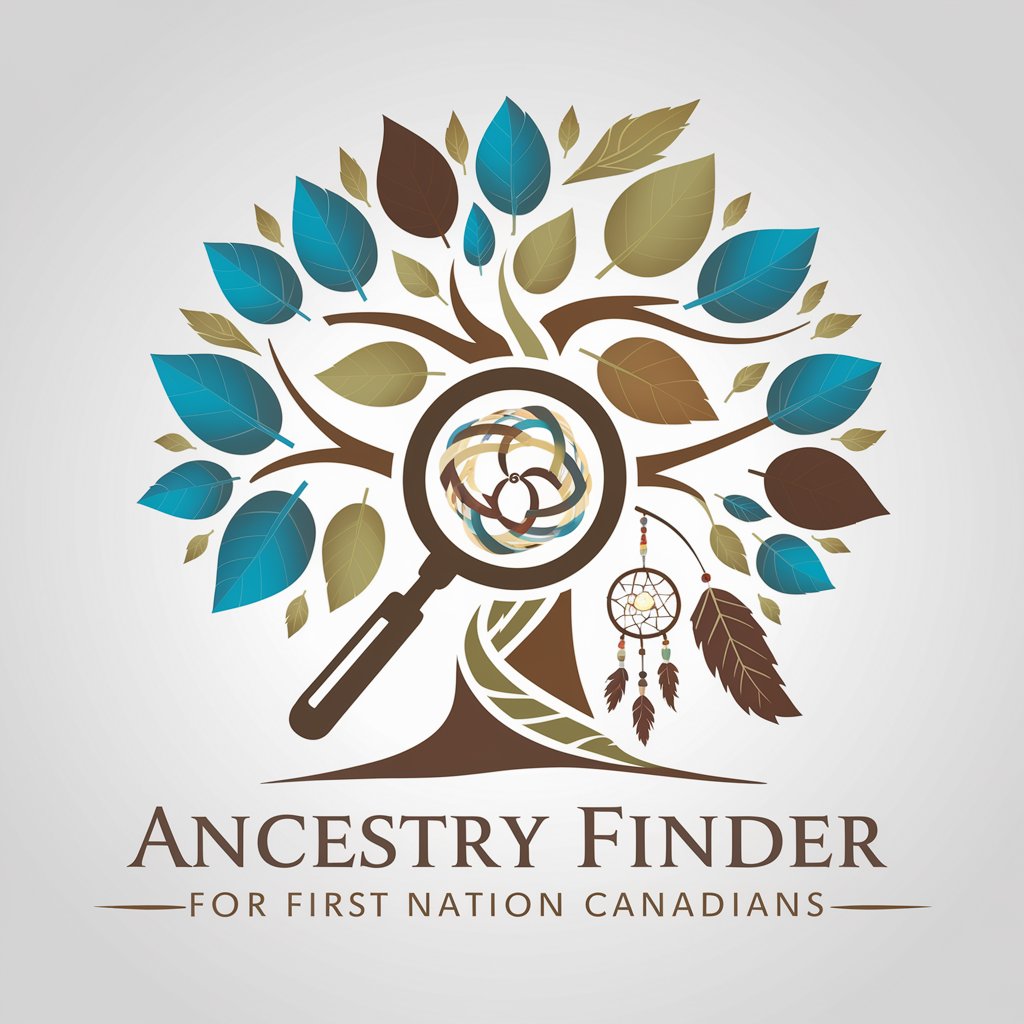
Hello! Let's uncover your First Nation ancestry together.
Uncover Your Roots with AI-Powered Ancestry Insights
I'm searching for information about my First Nation ancestor named...
Can you help me find historical records for a First Nation community in...
I would like to know more about the cultural background of my ancestor from...
Could you assist me in locating biographies or documents related to First Nation individuals in...
Get Embed Code
Overview of Family History Helper for First Nation Canadians
Family History Helper for First Nation Canadians is designed to assist individuals in researching and understanding their First Nation ancestry. This specialized tool focuses on providing detailed information about specific First Nation ancestors, incorporating cultural contexts and historical impacts relevant to these communities. It achieves this by conducting thorough searches for names, offering biographies, photographs, documents, and other pertinent materials that help in constructing a comprehensive family history. A key aspect of this tool is its emphasis on cultural sensitivity and respect for First Nation traditions, ensuring that the information provided honors the rich heritage and customs of these communities. For example, when a user seeks information about a Cree ancestor known to have been a significant figure in the early 20th century, the tool not only presents biographical data but also contextualizes their life within the broader narrative of Cree history and culture during that period. Powered by ChatGPT-4o。

Core Functions of Family History Helper for First Nation Canadians
Detailed Ancestor Searches
Example
Finding records and biographies of Métis ancestors in the late 19th century.
Scenario
A user with Métis heritage looking for information about their great-grandfather will be provided with detailed records, including possible census entries, baptismal records, and other archival materials that offer insights into their ancestor's life and contributions.
Cultural and Historical Contextualization
Example
Explaining the significance of treaty signings in an ancestor's life.
Scenario
When a user discovers an ancestor was present at the signing of Treaty 7, the tool elaborates on the historical significance of this event, its impact on the ancestor's community, and how it shaped the lives of First Nation peoples in the area.
Providing Access to Photographs and Documents
Example
Sharing historical photographs or documents related to a user's Inuit ancestry.
Scenario
A user interested in their Inuit heritage may receive photographs of their ancestors, along with documents such as letters or government records, which help paint a more vivid picture of their ancestors' lives and the historical context in which they lived.
Target User Groups for Family History Helper for First Nation Canadians
Individuals with First Nation Heritage
Persons of First Nation descent seeking to learn more about their ancestry, understand their cultural heritage, and connect with their roots. These users benefit from the tool's sensitivity to cultural nuances and its ability to provide detailed historical contexts.
Academic Researchers
Scholars and students focusing on First Nation studies, anthropology, or history who require in-depth information about specific individuals or families for their research. The tool's access to a wide range of documents and its emphasis on contextual understanding make it invaluable for academic purposes.
Cultural Preservationists
Members of First Nation communities, or those working closely with them, looking to document and preserve the history and traditions of their people. The tool aids in gathering historical records and narratives that are crucial for cultural preservation efforts.

How to Use Family History Helper for First Nation Canadians
Start Your Journey
Begin by accessing yeschat.ai for a complimentary trial, which requires no sign-up or ChatGPT Plus subscription.
Gather Information
Compile as much information as possible about your First Nation ancestor, including names, birth or death dates, places, and any known cultural or historical details.
Submit Your Query
Enter the gathered information into the chat interface, specifying that you're researching First Nation ancestry to help focus the search and analysis.
Review Responses
Carefully review the detailed biographies, photographs, documents, and other relevant materials provided in response to your query.
Further Assistance
For additional information or clarification, feel free to ask follow-up questions or request more specific details.
Try other advanced and practical GPTs
外贸谷歌主动搜索开发客户
AI-powered Client Discovery for Global Trade

Rapid Recipe Buddy
Effortless Cooking with AI-Powered Recipes

PageCraft
Elevating Writing with AI Support

Gear
Empowering decisions with AI-powered gear insights.

CYPFER Ambassador
Empowering Digital Resilience with AI
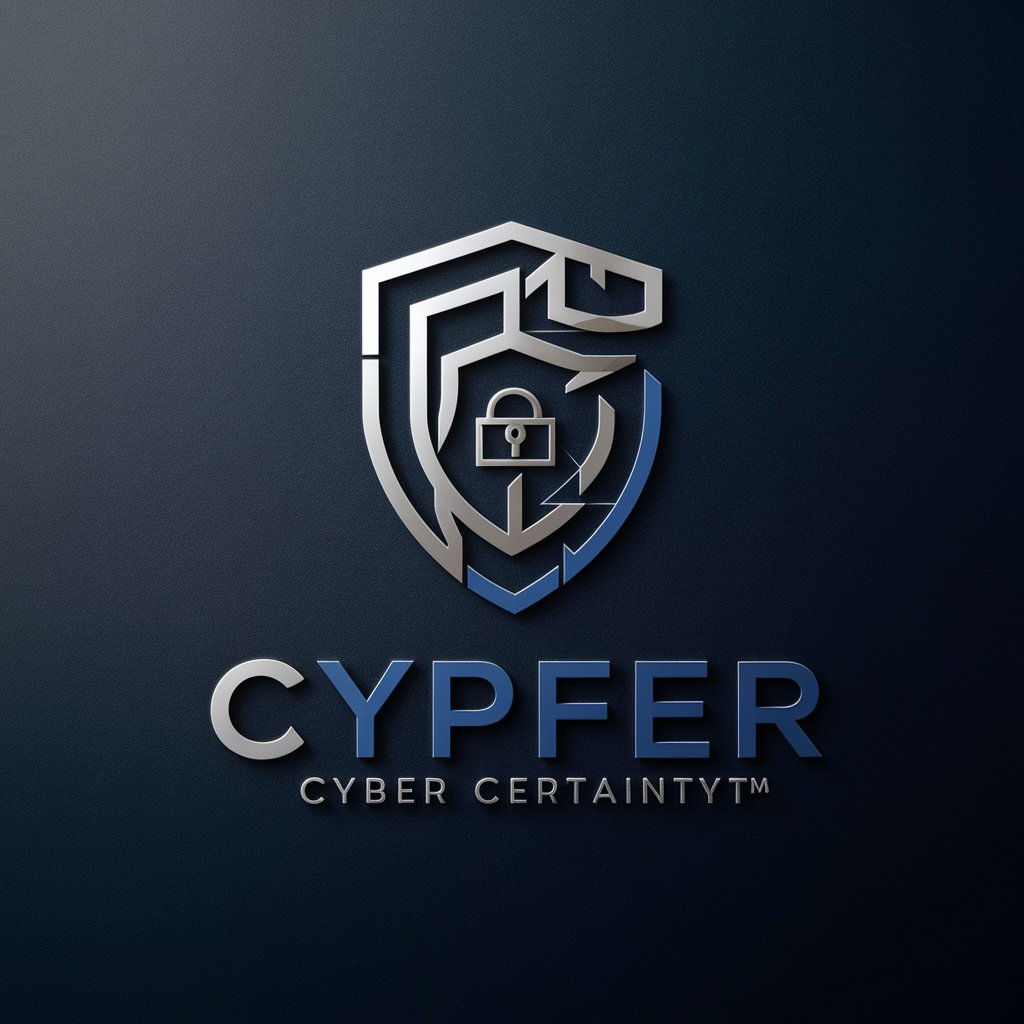
Digital strategy Marco
Empowering Your Digital Success with AI

Guru Meta Scribe
Elevate Your SEO with AI-Powered Meta Descriptions
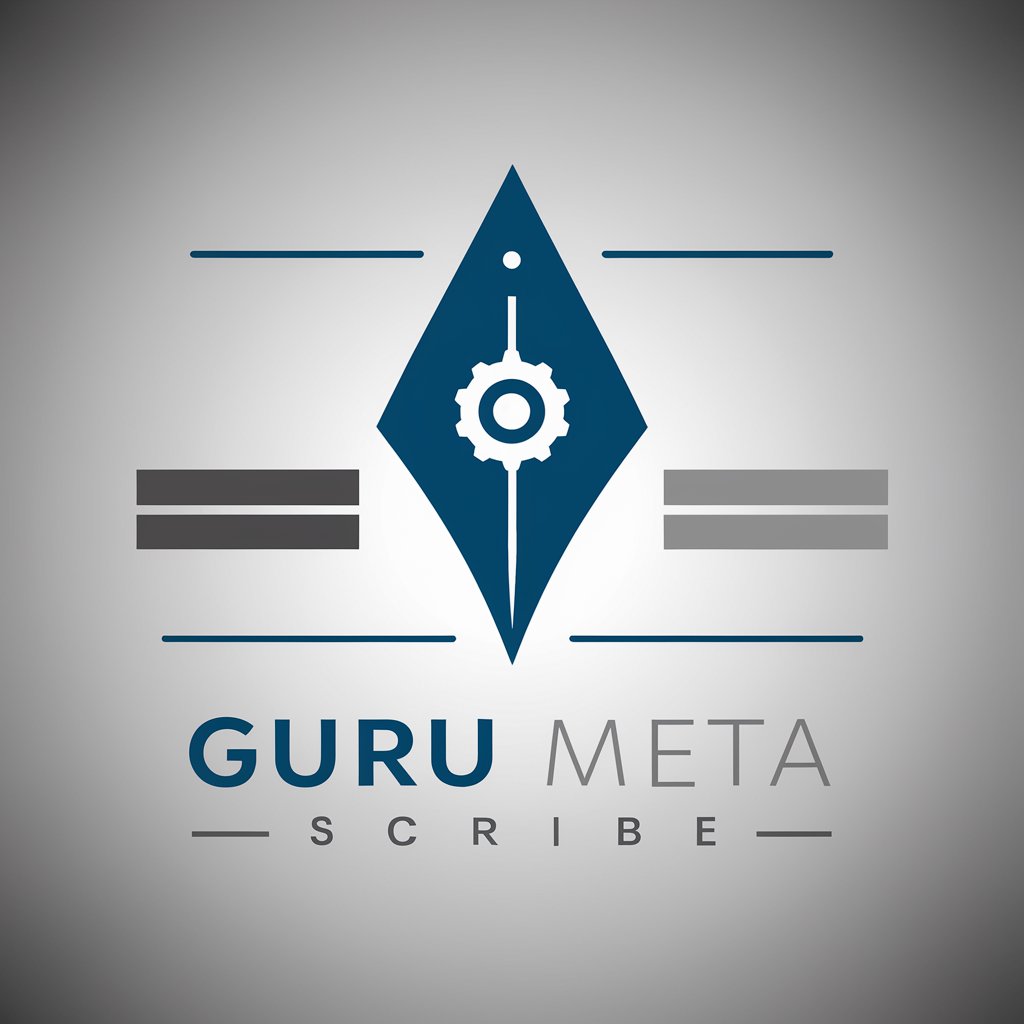
Dinner
Elevate Your Dinner Experience with AI

Exchange Currency
AI-powered currency exchange guidance.

Prepared Foods
Simplify Your Meals with AI-Powered Insights

Rédacteur Discours politique
Crafting Convincing Political Narratives

민우 단어 추출
Simplifying Complexity with AI
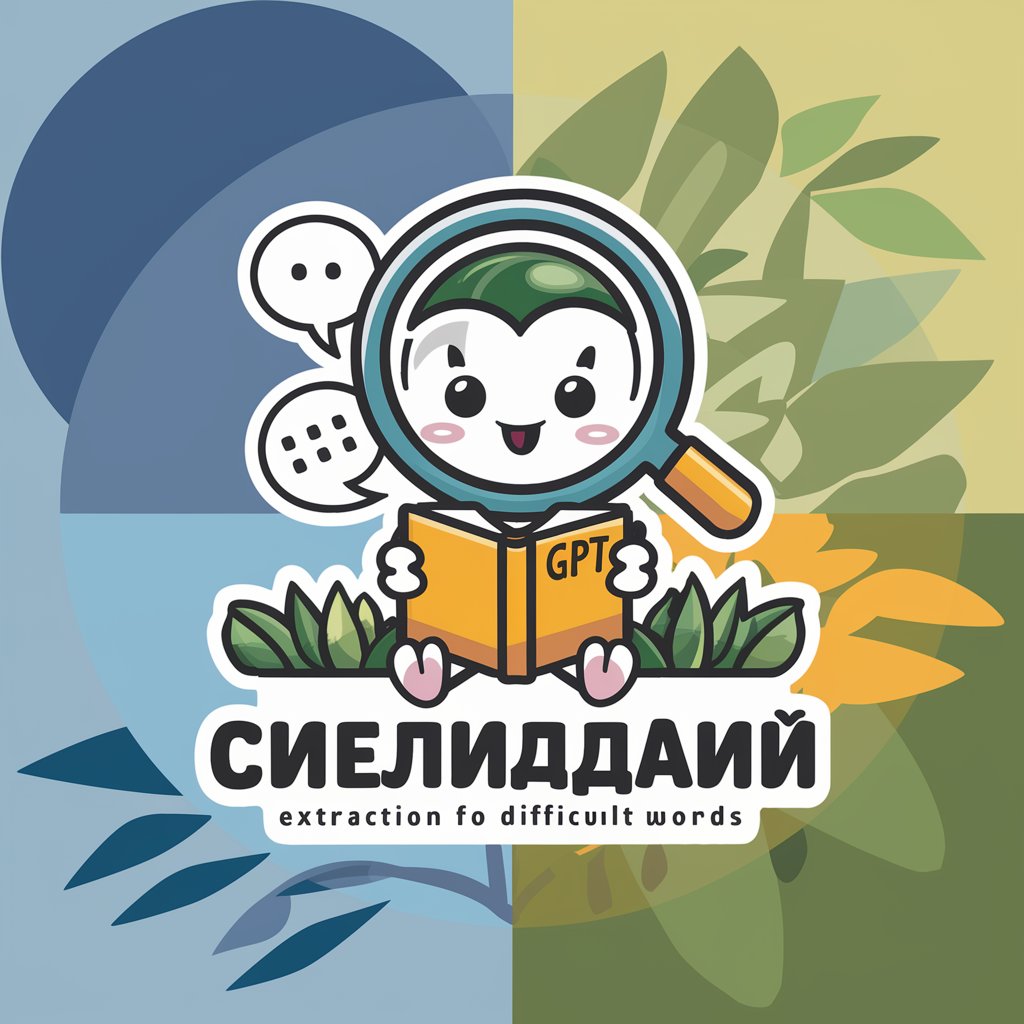
Frequently Asked Questions about Family History Helper for First Nation Canadians
Can Family History Helper for First Nation Canadians find information on ancestors not registered in official records?
Yes, it can search a wide range of sources beyond official records, including oral histories and community archives, to provide comprehensive ancestral information.
How does this tool ensure cultural sensitivity in its responses?
The tool is programmed to respect First Nation traditions and perspectives, emphasizing culturally sensitive language and context in all interactions and information provided.
Is it possible to obtain photographs of ancestors through this service?
Yes, when available, it can provide photographs from various archives and collections that are linked to your First Nation ancestry.
Can I use this tool for academic research on First Nation history?
Absolutely. It's designed to support academic research by providing detailed historical and cultural contexts, documents, and sources relevant to First Nation history.
How current is the information provided by Family History Helper?
The tool accesses the most up-to-date databases and archives up to its last training cut-off in April 2023, supplemented by ongoing updates from selected sources.
